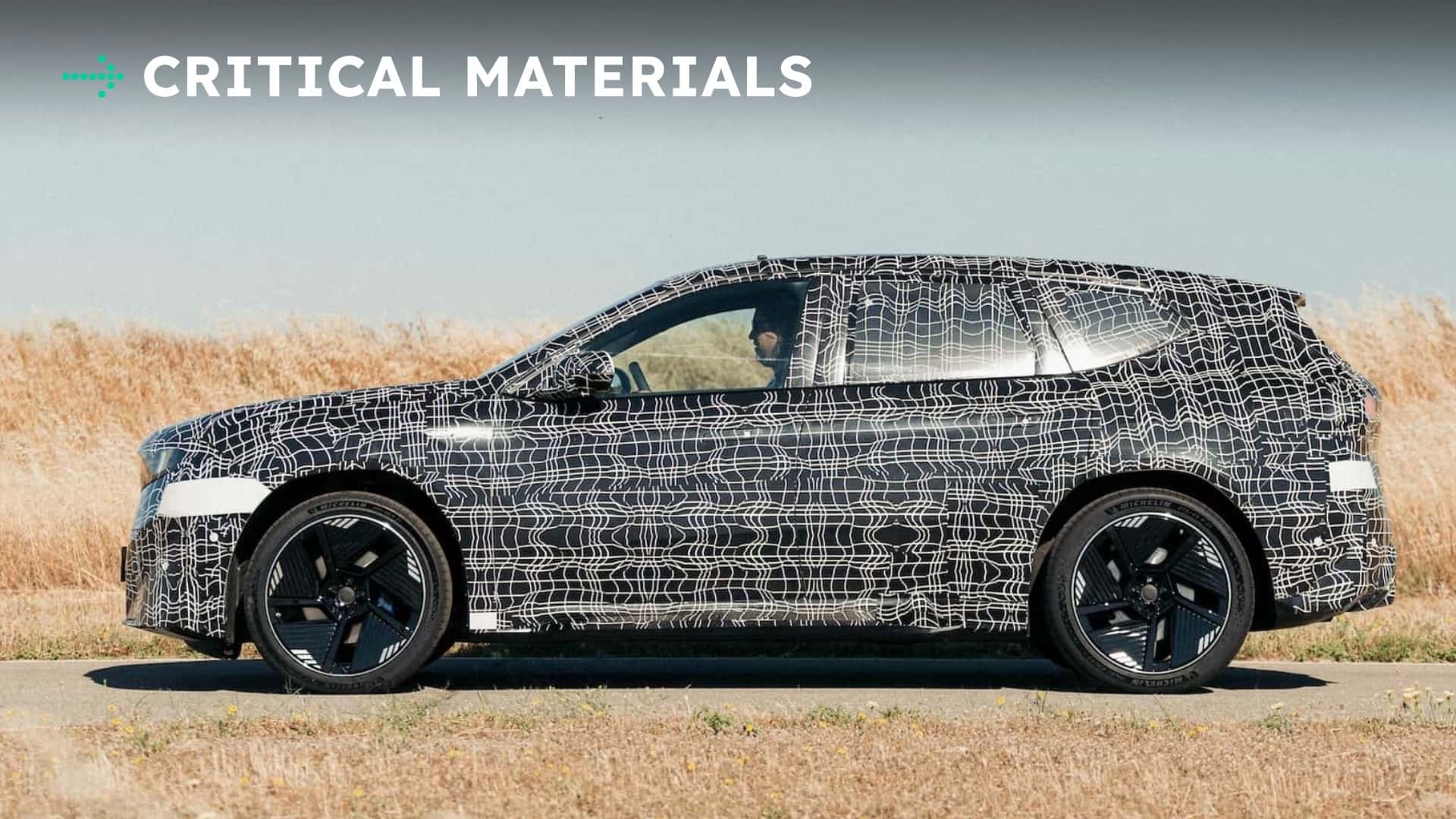
The Shift in EV Manufacturing and Charging Infrastructure
The ongoing debate about bringing manufacturing back to America has been overshadowed by the reality that this process was already underway, largely due to the Inflation Reduction Act. This legislation aimed to reduce U.S. reliance on China’s supply chains by discouraging the use of Chinese batteries and investing in future clean energy technologies. However, with the expiration of EV tax credits approaching, automakers like General Motors (GM) and BMW are reconsidering their strategies.
GM and BMW Turn Back to Chinese Batteries
As the federal tax credits for EVs are set to expire on September 30, GM and BMW are finding it more economically viable to source batteries from China. The $7,500 consumer tax credit previously helped offset the high cost of EVs, which is primarily driven by battery prices. Now, with the credits set to end, these automakers are looking to China’s expertise in battery manufacturing.
According to a report by the Wall Street Journal, GM will purchase lithium iron phosphate (LFP) batteries from CATL, the world's largest battery manufacturer, for the next-generation Chevy Bolt EV. While these batteries will face tariffs of around 80%, CATL’s scale and efficiency make them a cost-effective option. Meanwhile, GM’s primary supplier, LG Energy Solution (LGES), is converting its Tennessee plant to produce LFP batteries locally, but this process won’t be complete until late 2027. Until then, the new Bolt EV will rely on CATL’s LFP batteries.
BMW is also facing similar challenges. Its battery supplier, Automotive Envision Supply Corporation (AESC), had paused construction on two plants due to policy and market uncertainty. As a result, AESC will now import batteries made in its Chinese plants, which could be cheaper despite U.S. tariffs. This shift highlights the growing reliance on Chinese manufacturing in the EV industry.
Shell Dismantles Volta Charging Stations
In a significant move, Shell is set to dismantle over 2,000 Volta EV charging stations by the end of the year. This decision comes after Shell acquired Volta Charging in 2022, aiming to focus on high-speed public fast-charging stations under its own brand. Volta’s unique advertising feature, which included an additional screen, was part of the reason for the acquisition. However, the business model did not take off as expected, leading to a sharp decline in Valuta, which was eventually sold for just $169 million.
The removal of these charging stations marks a shift in the industry toward fewer, larger sites equipped with higher-powered stalls and added amenities such as restrooms, cafes, and Wi-Fi. This consolidation trend reflects the evolving landscape of EV charging infrastructure.
China's Crackdown on EV Price Wars
China is taking steps to address the aggressive price wars among EV manufacturers, which have threatened smaller players. According to Bloomberg, the China Passenger Car Association has observed a decrease in the number of models offering price cuts, leading to a slowdown in sales growth. While the drop is not alarming, car sales in July grew by about 6.3%, significantly lower than the typical 15% rate seen at this time of year.
Top government officials have convened meetings with major EV manufacturers, urging them to self-regulate and avoid unreasonable discounts. This intervention aims to ensure a healthier competitive environment for all players in the market.
Exciting Developments in the EV Market
Despite the challenges, the EV market is poised for exciting developments. GM is set to launch the new Chevy Bolt EV early next year, while BMW’s Neue Klasse iX3 is also imminent. An early prototype drive of the iX3 impressed many, showcasing the potential of these new models.
Other automakers, including Nissan and Ford, are also preparing to introduce new EVs. The next-gen Nissan Leaf will be available in the fall, and Ford is rumored to have something big in the works, which will be revealed soon.
Looking Ahead
As the EV industry continues to evolve, the question remains: which new models are you most excited about? Do you care where their batteries come from? Are you considering an EV, or are you still leaning towards hybrids?
The future of electric vehicles looks promising, with continued innovation and investment shaping the market. Stay tuned for more updates on the latest developments in the world of electric cars and technology.
